We may earn money or products from the companies mentioned in this post. This means if you click on the link and purchase the item, I will receive a small commission at no extra cost to you ... you're just helping re-supply our family's travel fund.
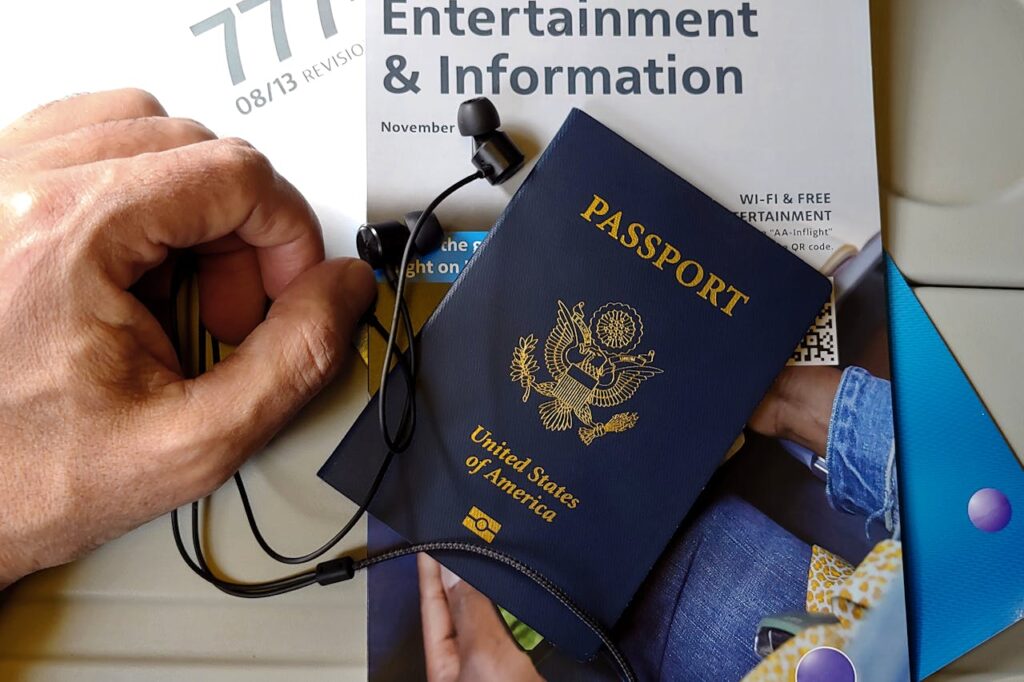
Travel holds the promise of enchanting discoveries, iconic landmarks, and vibrant cultures. You meticulously plan your itinerary, dreaming of picture-perfect moments. But what if the very destination you’ve idealized begins to shift in perception, seen by some as a place to approach with caution? Recently, several foreign countries, and their citizens, have begun rethinking travel to the United States. Understanding why this sentiment is emerging is crucial for any global traveler, reshaping expectations and perhaps even altering where your next journey takes you.
1. Stricter Border Enforcement and Tourist Detentions
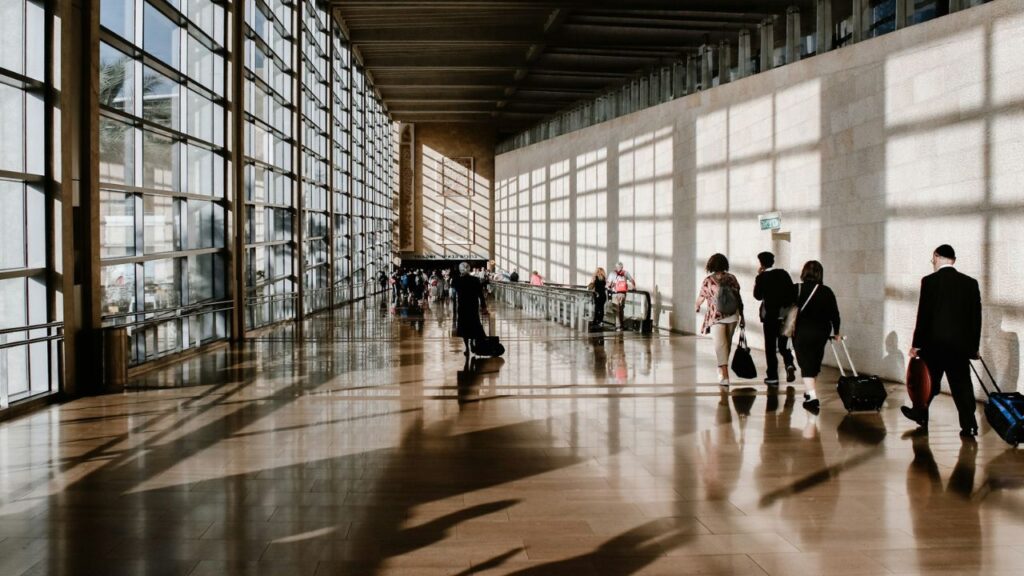
You might arrive in the U.S. with a valid visa and a clean record, expecting a straightforward entry. However, under increasingly stringent border policies, even Canadian and European tourists have faced unexpected and inexplicable detentions. These incidents have prompted countries like Germany, the UK, Denmark, Finland, and Portugal to issue official travel warnings and advisories for the United States. The heightened scrutiny and reported bleak conditions of detention facilities have created a significant sense of unease, making entry feel less predictable for international visitors.
2. A Perceived “Hostile State” Environment
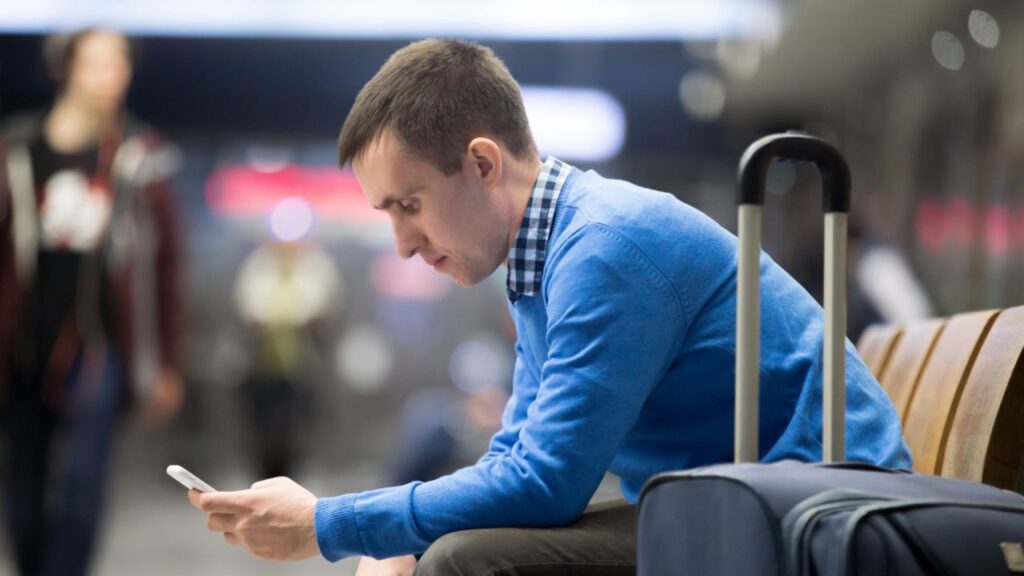
For many international travelers, especially those from long-standing allies, the political rhetoric and policy shifts in the U.S. have created a chilling atmosphere. Some view the United States as a “hostile state,” fostering a powerful disinclination to spend money or time within its borders. This perception isn’t just about policy; it’s about a feeling of unwelcomeness or even potential discrimination. Travel journalist Kate Dingwall shared her “sense of uneasiness around visiting America at the moment,” reflecting a broader sentiment that impacts personal safety and comfort.
3. Canada’s Call to “Choose Canada” and Boycott
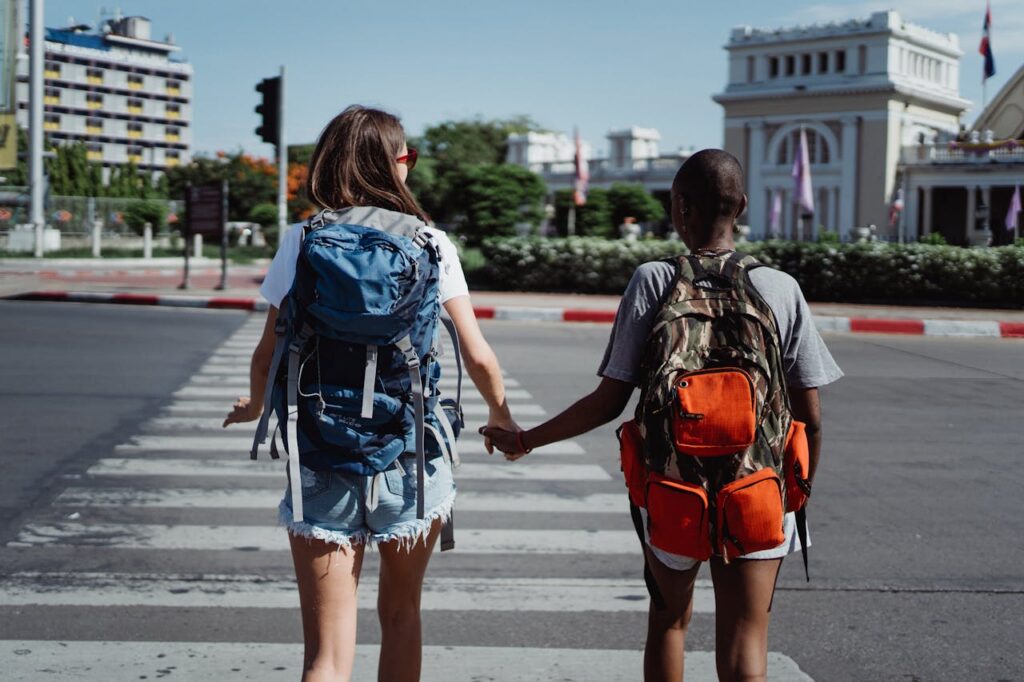
The U.S.’s closest neighbor, Canada, which sends over 20 million visitors annually, has noticeably cooled its travel to the south. In response to proposed tariffs and perceived threats, former Prime Minister Justin Trudeau publicly urged Canadians to “Now is the time to choose Canada,” suggesting they change summer vacation plans. This appeal resonated strongly; Statistics Canada reported border crossings down by more than 20% in February. Many Canadians are actively boycotting U.S. holidays, directly impacting the U.S. economy and signaling a significant shift in cross-border relations.
4. The Economic Fallout for US Tourism

This evolving sentiment isn’t just a political talking point; it’s having a tangible economic impact on the U.S. tourism sector. The U.S. Travel Association estimates that even a 10% reduction in Canadian visitors alone could result in a staggering $2.1 billion in lost spending and 14,000 job losses. Tourism Economics initially predicted 8.8% growth in inbound U.S. travel but has since revised that to a 5.1% decline, attributing the change to “strained” travel sentiment and “sweeping tariffs.” These shifts directly harm a sector that had previously seen record growth.
5. Impact on Small Businesses and US Workers

While political decisions often seem far removed from daily life, the reduction in international tourism directly impacts countless U.S. workers and small businesses. Experts highlight that over 99% of the U.S. business and professional events industry comprises small businesses, and more than 80% of all exhibitors are small. When international business travelers forgo coming to the U.S., it creates a cascading “knock-on effect” on individuals like exposition booth builders, hotel staff, taxi drivers, restaurant workers, and local entertainers. These are the people who suffer the immediate, material consequences of boycotts.
6. Erosion of US Soft Power and Cultural Influence

Beyond economics, a more profound cost is the erosion of American “soft power”—the global influence the U.S. once held through its openness, cultural leadership, and goodwill. When visitor numbers decline, it sends a powerful signal that the U.S. might be losing its unique cultural magnetism. Experts suggest that if this trend continues, it could force tourism boards to create “counter narratives” to win back trust. However, the ultimate perception is shaped by government policies, suggesting a deeper, long-term impact on global influence and cultural exchange.
7. The Human Toll: Missed Moments and Lost Connections
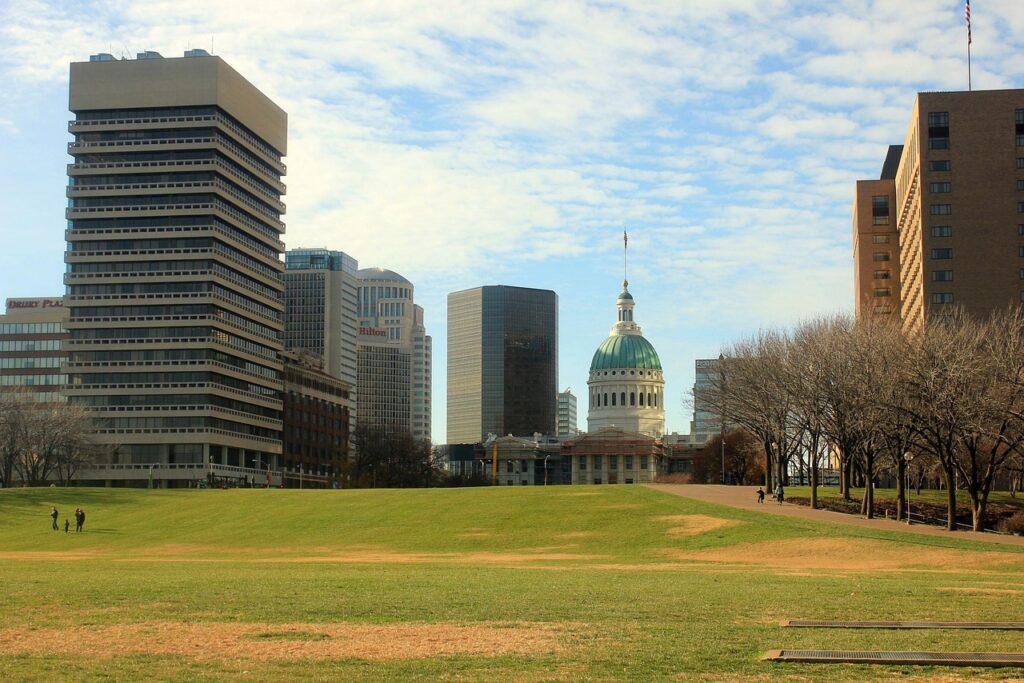
Behind the statistics and policy discussions lies a deeply personal human impact. Individuals, “regular travelers, students, families,” are caught in the middle of these strained relations. A Missouri lawyer noted working with at least 80 clients who delayed or canceled U.S. travel due to perceived hostility, leading to missed weddings, lost business deals, or the inability to visit a dying parent. These are the poignant, often untold stories of split families and international companies unable to move talent swiftly, underscoring the profound human aspect on both sides of the border.
8. How International Travelers Can Mitigate Risk

Before booking, check both home‑country advisories and U.S. guidance to align expectations with current realities, then choose gateways with strong international support services. Keep names and numbers for consulates, ensure medical and interruption coverage includes immigration delays, and store critical documents in multiple places. If concerns persist, consider splitting a trip: pair a shorter U.S. segment with time in Canada or Mexico, or substitute a regional hub with similar experiences—protecting the itinerary while keeping discovery at the heart of the journey.